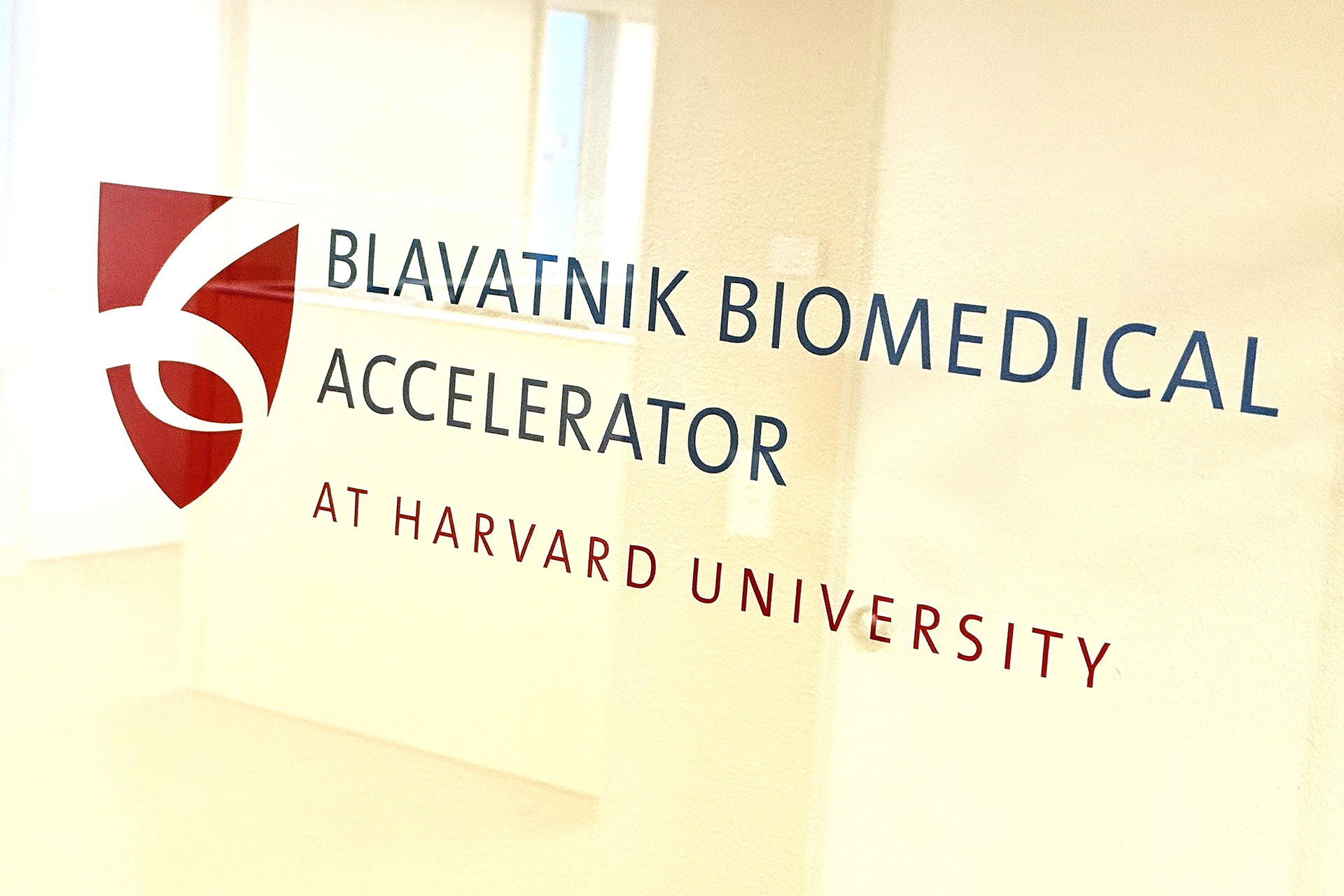
"The next time you pick up a prescription drug, consider this: Its development likely was rooted in academic research. University labs play a vital role in advancing drug discovery and pharmaceutical innovation. Although these discoveries provide new solutions to medical challenges, improve patient outcomes, and promote economic growth, advancing them from the lab into clinical practice remains a major challenge. This highlights the need for sustained funding and support to deliver new therapies to patients."
"Helping to address this challenge, the Blavatnik Biomedical Accelerator (BBA) at Harvard supports the progression of translational biomedical research toward commercial and clinical applications. Established through a gift from the Blavatnik Family Foundation in 2013, the BBA has announced its latest cohort of awardees for 2025, supporting 10 biomedical technologies focused on tackling urgent medical challenges, including food allergies, genetic disorders, autoimmune diseases, metabolic disorders, and cancer."
"Universal red blood cells: Manoj Duraisingh 's lab at the Harvard T.H. Chan School of Public Health is developing engineered red blood cells designed to be off-the-shelf and scalable. These lab-grown cells promise a safe, universal source for transfusions for chronic rare disease populations such as sickle cell disease and beta thalassemia, by mitigating potential immune complications for recipients. New treatment for food allergies:"
University research underpins many prescription drugs and propels drug discovery and pharmaceutical innovation. Translating laboratory discoveries into clinical practice remains a major challenge that requires sustained funding and support. The Blavatnik Biomedical Accelerator (BBA) at Harvard accelerates translational therapies and was created through a 2013 gift from the Blavatnik Family Foundation. The BBA funded a 2025 cohort of 10 biomedical technologies addressing food allergies, genetic disorders, autoimmune and metabolic diseases, and cancer. Highlighted projects include engineered off-the-shelf universal red blood cells for transfusion in sickle cell disease and beta thalassemia and an antibody therapy to prevent severe food-allergic reactions by targeting a key immune protein.
#translational-research #biomedical-innovation #universal-red-blood-cells #food-allergy-therapy #biomedical-funding
Read at Harvard Gazette
Unable to calculate read time
Collection
[
|
...
]